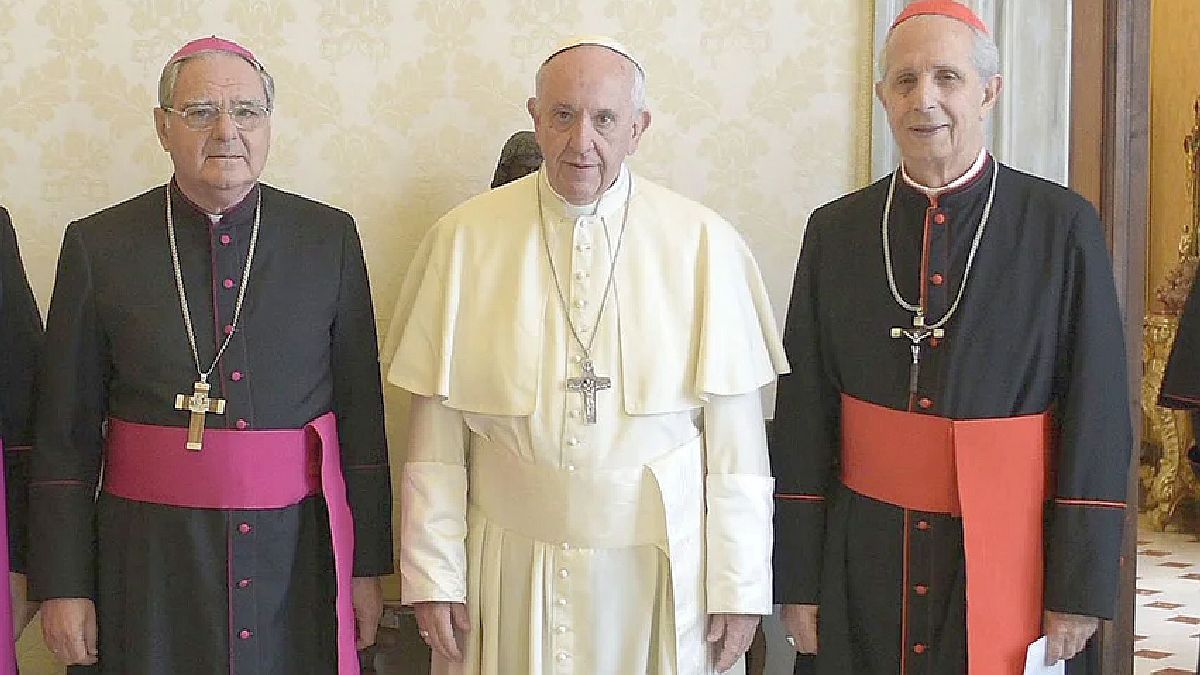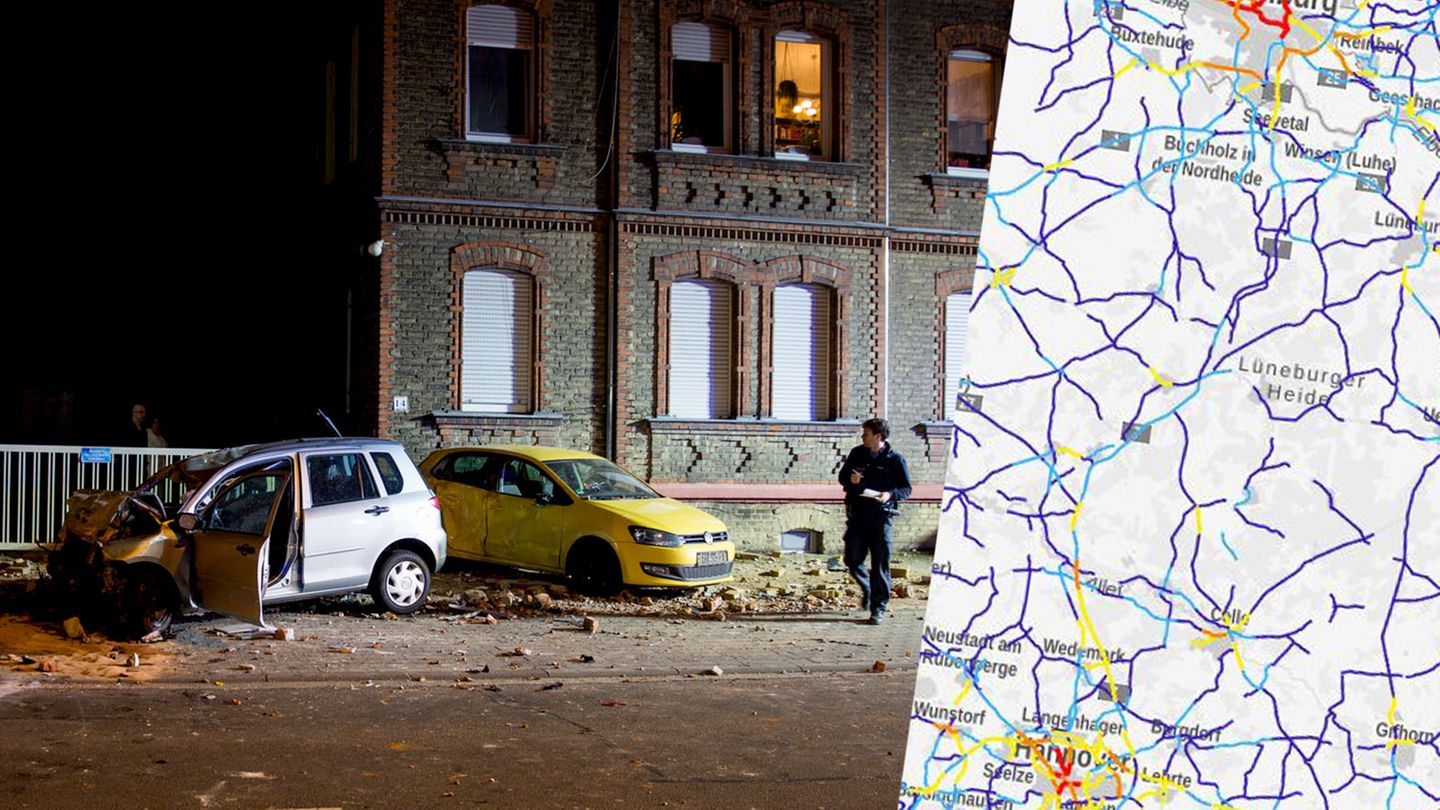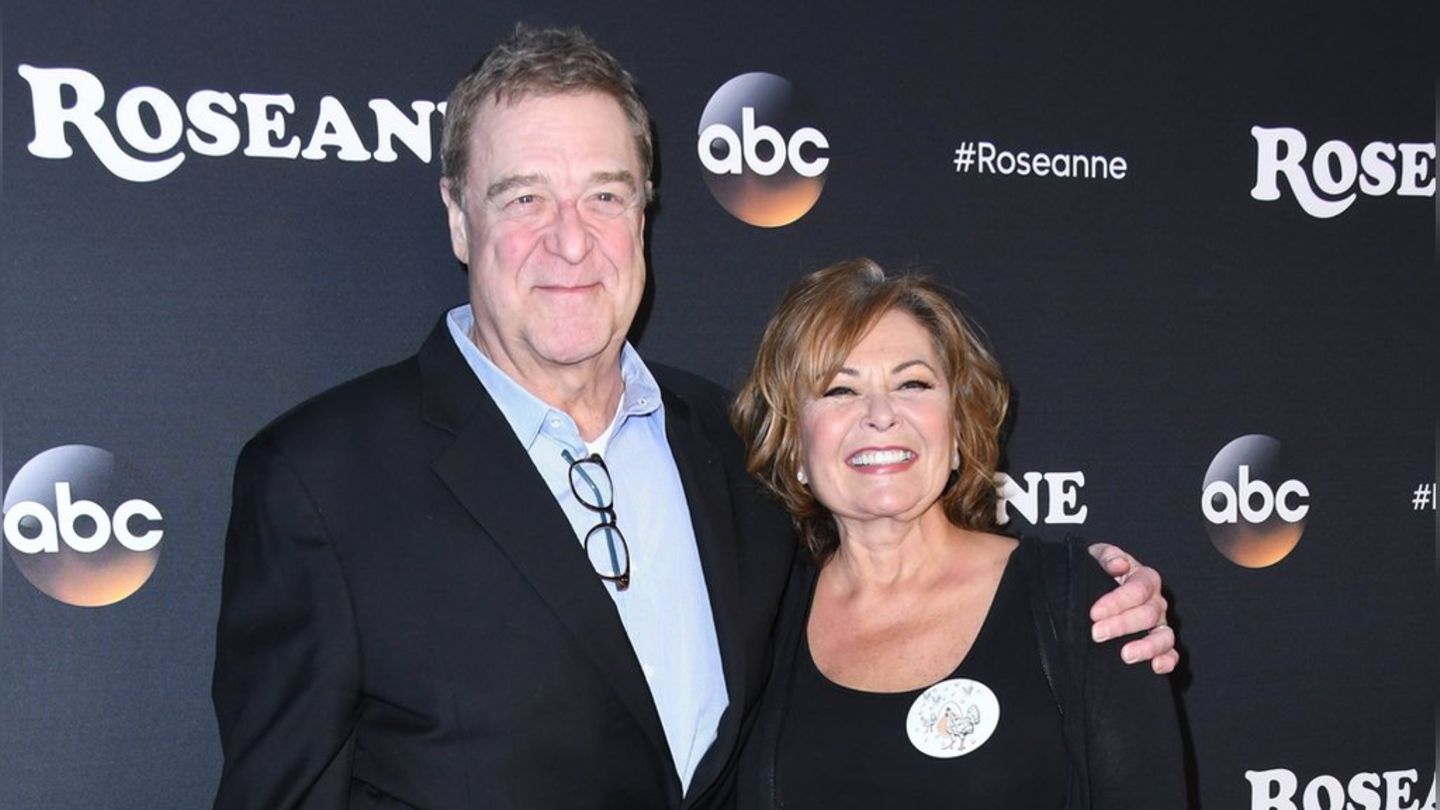The liberal faith led Poli to various scandals. The most visible is the shady administration of ecclesiastical property that provoked the intervention of the Vatican. The most resonant case in the press was the sale of donated land in Puerto Madero for a school that ended up in the hands of private businessmen to build a service station. A practical case of “Laudato No” at its best, turning the encyclical “Laudato Si” into a dead letter.
Another of the sores on the body of Mother Church, in the powerful archdiocese of Buenos Aires, was non-compliance with the pontifical anti-abuse norms. The most scandalous example was the priest Manuel Pascual, whom Poli tried to protect and ended up sentenced in the first instance (although they are going to appeal to Cassation and to the Supreme Court) to 12 years in prison for abusing nuns even at the time of confession or in the Eucharist. So moving are the testimonies of twenty women consecrated to God, that the famous priest of the “theology of love” he tried to condition his statements for which he ended up in preventive detention for three years in the Ezeiza Prison. Today he is free pending the ruling of the Court of Appeals.
“El Judas” on the way out also had no mercy on the poorest who are active and organized in popular movements. He refused to give the blessing for those who make the pilgrimage every August 7, from the Liniers neighborhood, at the foot of the San Cayetano sanctuary, towards the center of Buenos Aires to show their work tools and claim the rights that are still denied them. Also Mario Poli was removed from the masses in Plaza Constitución that Bergoglio had started in 2008 together with the cartoneros and costureros organized in cooperatives, where the culture of discarding was prophetically denounced, as well as the corruption of all levels of the Buenos Aires and national State that look the other way with sexual slavery in brothels or the suffering of the “hot beds” system that nourishes the prosperous textile industry.
Another treacherous thrust of Mario Poly was the blockade of ecumenical dialogue. He was in charge of freezing a pastoral initiative that had been initiated in the nineties by the Polish Pope, Saint John Paul II, and that in this sense the then cardinal primate and archbishop of Buenos Aires, Antonio Quarracinochanneled in Buenos Aires together with Baruch Tenembaun. Was Jorge Mario Bergoglio a faithful man of the church by cultivating and expanding interreligious dialogue.
One of Bergoglio’s best-known initiatives in this regard was to leave the expert Bible evangelist, Marcelo Figueroain running the program “Bible current dialogue”, in which he participated together with rabbi abraham skorka. At the beginning of his tenure Mario Poly He had no better idea than to banish the evangelical host of the only Canal 21 Orbe program to win the Martín Fierro award.
image.png
The sumum of the betrayal of the dour cardinal primate was to repel all politicians, except one, and precisely with the serial debtor: Mauricio Macri. They were photographed in the office on the second floor of the Buenos Aires archdiocese and, being President of the Nation, he had no better idea than to propose that they go out for a bike ride, for an hour and a half, in October 2016, through the cobbled city of Rome. At that moment Mario Poly He wanted to soften the 15-minute reception that His Holiness gave Macri and that went down in history because of the face of Francisco with the face of few friends.
image.png

The chair at Rivadavia 415, second floor, is actually empty. Since Mario Poli’s resignation at his 75th birthday, it only works in the formality of a few celebrations. Below him there is a network of liberal priests, also in other dioceses, who understand the Gospel and the role of the church for the “elites”, economic or enlightened, not for social justice, do not practice or speak of the Social Doctrine of the Church that has been nourished for more than 130 years, by seven different Pontiffs, as contributions to humanity.
Who will be the successor of Mario Poli?
Poli’s successor is on the lips and minds of many. Francis himself told a journalist from La Nación that he has three candidates, but that before appointing one he must consult internally at the Vatican. The candidates for the archbishopric of Buenos Aires have been appearing in some media, but “they create a power vacuum,” a wise man from the Church explained to this journalist.
It is clear that the choice of the pastor who will rebuild the archdiocese of Buenos Aires takes months of discernment and that the flights of Argentine bishops to Rome have increased this year. One of them with possibilities, due to his imprint as a pastor on the way out, his Buenos Aires origin and his training as a lawyer, make him an outsider who is perfect for putting the Argentine metropolis on its feet spiritually. However, he returned happy from Rome weeks ago because Francis agreed to allow him to continue the papal spring process in his current diocese, far from the port city.
There are not many bishops who want to seize a district with a stem full of thorns (of all kinds) and on the surface. Above, the shepherd who visualizes Jorge Mario Bergolgio must have unusual qualities: A lot of prayer to stop the evil one and temptations, a stomach and an iron hand for combat, the tenderness of a father in dealing with his priests and the community, especially the poorest, the cunning to organize time among so many demands , the meekness to be a leader and the energy of a young man to walk the streets to evaporate the ecclesial frost in the diocese that gave birth to a Pope from the peripheral neighborhood of Flores. A man who always lived on the things of Heaven. Very different from those who live above.
A new era opens in the papacy of Francis
The Francisco Era entered another phase. Time matured its governance, which managed to reform the Vatican constitution, update canon law, the first ecclesial conference in history (called CEAMA in the Amazon), the first Ecclesial Assembly of the bishops of a continent (the conference model was old only Episcopalians, of bishops), and the next Synod on Synodalitywhich is prepared during two years of listening where women will have a central role, with the right to vote for the first time, like the laity. All this adds up to the departure of Benedict XVI to the house of the Lord.
Hence the 2024, the year that the Pope designated as his return to Argentina, It takes place in an internal framework of maturation, with a consolidated role of the Pontiff for political and religious leaders, as the world figure most loved by the peoples. On top of that, his return generates a worldwide expectation. There is no papal return where they do not ask him when he returns to his country. Perhaps we Argentines do not have full dimension that his return is just around the corner. About 6,000 journalists from all over the world will come from the floor and we will be in the spotlight of the world press, similar to what happened months ago with the victory of the World Cup. We still don’t see it.
image.png

It is that we are immersed in the crisis of the day to day and months of an indecipherable presidential election. We often miss discerning that ten years ago the oldest and most numerous organization in the West resumed the process of the Second Vatican Council, with a gradual and daily ecclesial revolution headed by a porteño from Flores, which puts the Church on a global level out with popular movements, youth, women from the periphery to the center. Many wanted to see Lionel Messi of faith on the substitute bench. But Bergoglio put on the captain’s ribbon and came out on the media field this year like never before in his papacy, Giving reports to almost every local media group. She had to. Because the Argentine people between 2015 and 2019 received a television bombardment and anti-Francisco virtual networks.
A meeting of bishops and the new times
Last week a hundred bishops met behind closed doors. The apostles of Jesus, or rulers of the Church, were attentive to the signs of Pope Francis and the signs of the Holy Spirit. There, they tried to discern the new times that are coming, among other issues that were discussed are the changes in the Buenos Aires archbishopric, who should be the next president of the CEA, and who would receive the red cap of a cardinal.
The bishops know that the college of cardinals where the Popes are defined, together with the Holy Spirit, has an increasingly low representation of Argentines. Today two of them are over 80 years old, so they cannot be voters in a future Conclave, and that Leonardo Sandri in mid-November he passes his 79 years. So, Mario Poli would remain as the only cardinal elector. The Pope is not obliged to designate a cardinal in his homeland, but they are expecting the designation of the Buenos Aires archbishop who, according to tradition, also receives the cardinalate as happened with Bergoglio, with his predecessor and before him as well. Although there is a possibility that it will not happen. Because it was a practice of Francis’ spring to convoke with the highest honorary title men from dioceses far from the metropolis, as happened in Italy, Bolivia or Peru.
Óscar Ojea, leaving the CEA
The other big change that is coming is in the leadership of the Argentine Episcopal Conference (CEA). Oscar Ojea He ends his second term in November 2024. In church times, a year and a half is not long. Added to the most particular year in Argentine history. The first Vicar of Christ who gave birth to the southernmost country in the world is coming. Pope Francis did not guarantee the month of his return and that is where the evaluation made by the Successor of Peter with his collaborators and friends comes in. Regarding whether it comes with a new or outgoing president of the CEA, which is the political and administrative leadership of the Catholic flock.
At this time, the executive committee of the CEA (made up of the Oscar Ojeaas Bishop of San Isidro; Marcelo Colombofrom Mendoza; Carlos Azpiroz Costafrom Bahía Blanca, and Alberto Bochateyfrom La Plata) is under the gaze of many because of the political position it is taking in the face of the onslaught of the merchants of faith, which are expressed in a candidate for President of Catholic origin as javier milei (I study with his sister in a denominational school), who, on television, shouts, swears that Pope Francis, who is the “representative of the evil one on earth, occupying the throne in the house of God” .
They also opted for silence in the face of the onslaught of the “libertarians” who placed a large poster at the entrance to the Cathedral of La Rioja to vote for javier mileicovering a mural with the faces of the four martyrs from La Rioja, the bishop Enrique Angelellithe priests Carlos de Dios Murias and Gabriel Longueville and the rural militant Wenceslao Pedernera.
image.png

The position of the executive board of the bishops not to pronounce itself is different from what the bishops and priests of the Aboriginal Pastoral and ENDEPA did, when Milei’s bench partner, the self-defined Catholic Claudia Villarrealintroduced a bill to repeal the current law for the restitution of land to native communities.
Faced with the complex scenario of an imminent presidential election in the homeland of Pope Francis, is added the international context of a third world war in quotas -and at the gates of Europe-, which was born after a global pandemic, where the panorama of the distribution of wealth is focused on the spiritual defeat of the human being. Today there is no lack of food or goods, on the contrary, the surplus is brutal, exposing to the eyes of those who want to see that The throwaway culture is the greedy and perverse root of worldly power that subdues others for the mere pleasure of not sharing.
We have to bind or tie ourselves up. How is the definition of religion translated from Latin? In other words, one and each one among themselves, united by the Son of God, who put a resident of Flores on the mission of building the fortresses of faith and hope of the faithful people of God, who today need him at their side. , more than ever.
Source: Ambito
David William is a talented author who has made a name for himself in the world of writing. He is a professional author who writes on a wide range of topics, from general interest to opinion news. David is currently working as a writer at 24 hours worlds where he brings his unique perspective and in-depth research to his articles, making them both informative and engaging.




